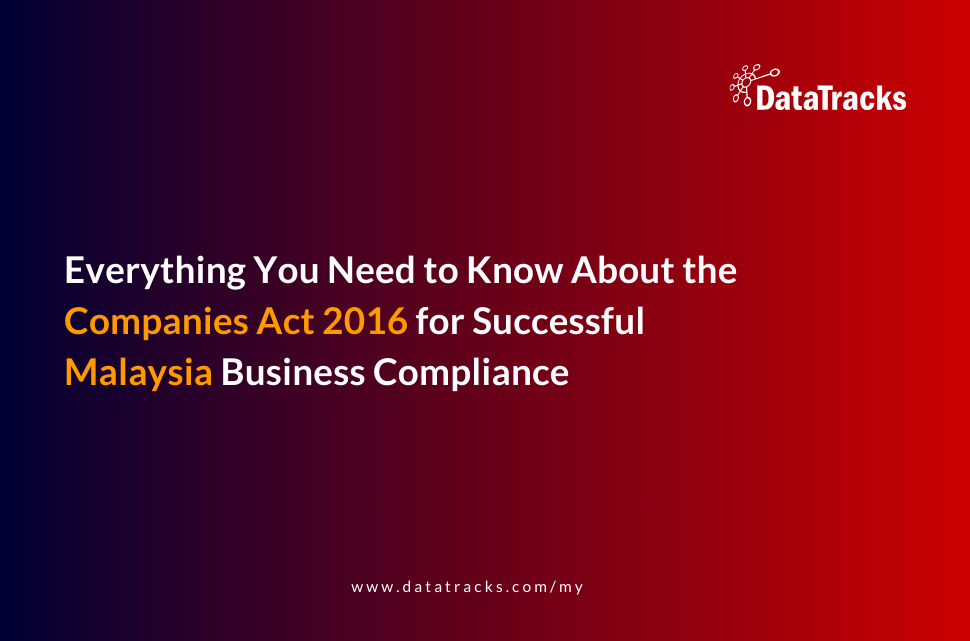Demystifying SST: Your Comprehensive Guide to Sales and Service Tax in Malaysia
Have you been confused with Malaysia’s Sales and Service Tax (SST) and wondered where to seek thorough, clear guidance? Don’t worry; we have got you covered! SST is a cornerstone for businesses operating in Malaysia. It has a more limited scope than GST, which means simpler compliance requirements for businesses, particularly smaller ones. In this blog, we will demystify SST, its components, and its compliance for businesses.
Understanding SST
Sales Tax and Service Tax are the two distinct taxes that makeup SST in Malaysia. A service tax is imposed on certain services rendered by Malaysian firms, and a sales tax applies to taxable commodities that are either produced in Malaysia or imported into the country. On September 1, 2018, the previous Goods and Services Tax (GST) system was formally replaced in Malaysia by the Sales and Services Tax.
Understanding SST Compliance Requirements for Businesses in Malaysia
Company leaders must remain up to date on local tax changes and discussions. With this knowledge, you will be better equipped to make judgments on business strategy and long-term planning.
Refer: Streamlining MBRS Reporting for Financial Institutions in Malaysia: Best Practices and Tips
Registration:
Businesses with a total sales value of taxable goods exceeding RM500,000 in the past 12 months must register for SST. Some services (e.g., restaurants and cafes) have different thresholds for registration.
Taxable Supplies:
Sales tax is imposed on goods that are manufactured and produced locally and on taxable items imported into Malaysia. Service tax is imposed on taxable services provided in Malaysia. Both taxes are normally charged at the point of sale (except for reverse charges).
Tax Rates:
Sales tax rates range from 5% to 10% or may have a specified rate depending on the type of goods. The service tax rate is currently 6%.
Input Tax Claims:
Businesses can claim input tax on purchases of taxable goods and services used in their business. This helps in reducing the cumulative tax burden for businesses.
Compliance Requirements:
Businesses must file accurate SST returns on time. They must maintain proper records of their taxable supplies and input tax claims. These companies may be subject to audits by the tax authorities.
Why Choose DataTracks?
Because maintaining SST compliance can be difficult, many Malaysian companies hire a professional corporate services provider for continuous assistance. We at DataTracks have completed some pilot projects for leading Malaysian corporations and accountancy firms to convert their AFS to XBRL format for MBRS/SSM filing.
We have empowered our team of specialists to comprehend and resolve the difficulties associated with converting financial statements from PDF or Word docs into XBRL format for effective filing by utilising our technological know-how and extensive global expertise.
As a provider of MBRS – XBRL Tagging Service, we assist numerous Malaysian companies, auditing, and secretarial organisations in effectively converting their financial statements into XBRL format to comply with SSM. Contact an expert at +60-392-126-125 or email enquiry@datatracks.my.



